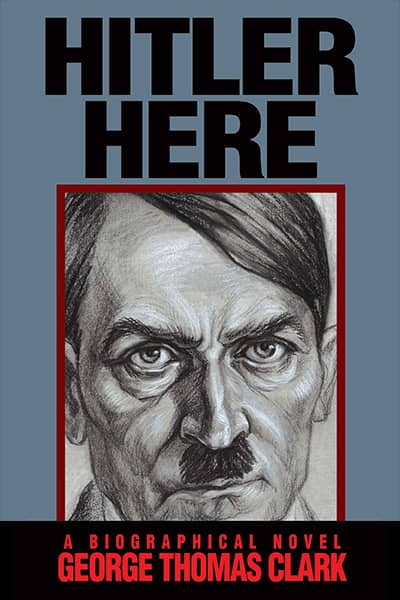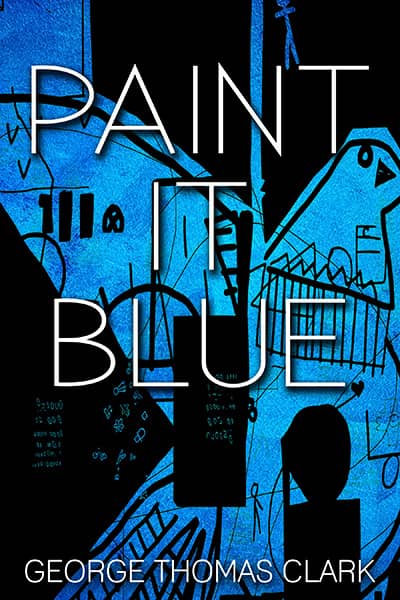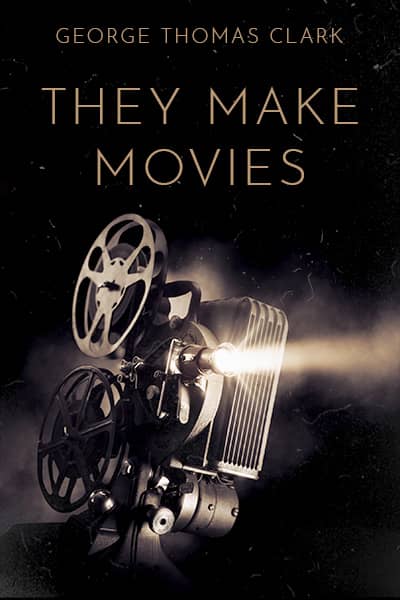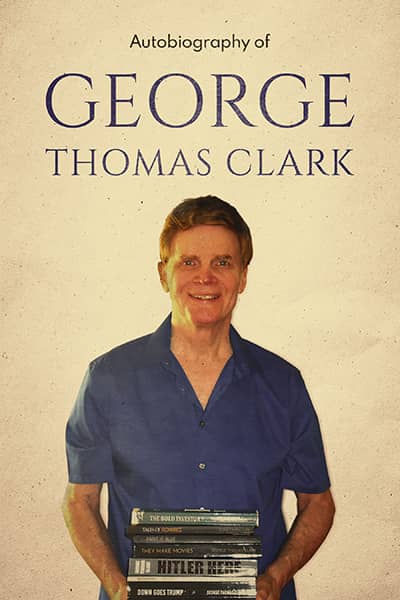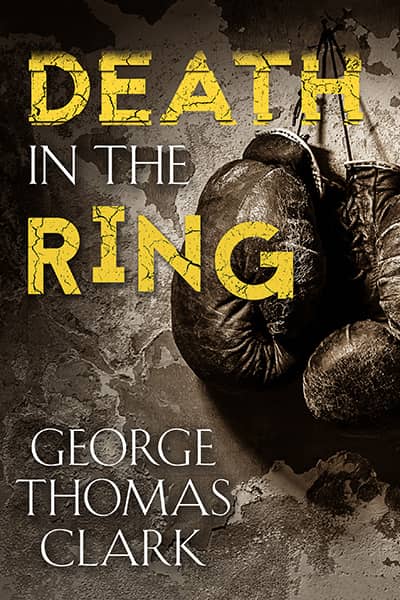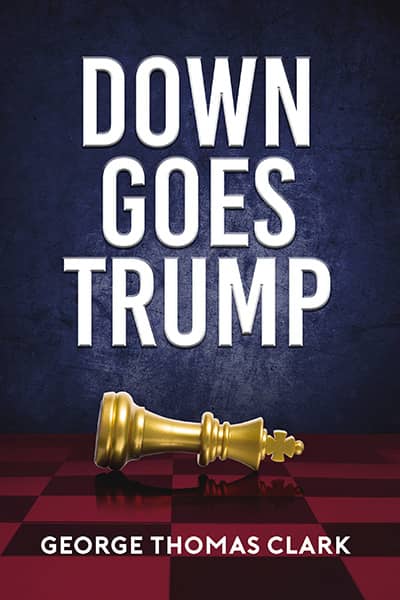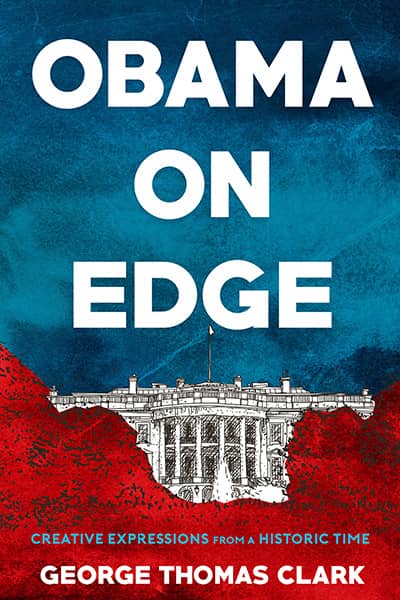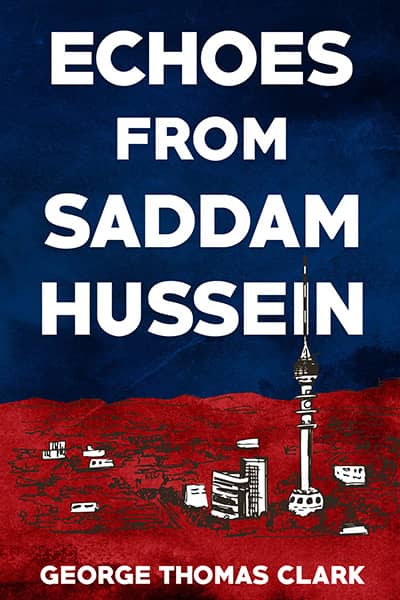Che Lives
October 21, 2015
For months the Bolivian army, guided by the CIA, hunts Che Guevara before wounding and capturing the worn and emaciated revolutionary. He’s taken to a small, dirt-walled schoolhouse in a mountain village and his hands and feet are separately bound. That night, as asthmatic Che wheezes and writhes on the filthy floor, Bolivian officers and I talk to him informally, respecting his vow not to be interrogated. The following morning, returning to the schoolhouse, I open the door and hear an officer telling Che he’s come to execute him.
“I’d have killed you already.”
Drawing my pistol I charge inside and say, “Drop the rifle or you’re dead.”
“Sir,” says the officer, “our president has just ordered the execution.”
“That order was countermanded moments ago,” I say.
“By whom?”
“By the forces of international liberation.”
“Che has killed hundreds of Bolivians,” the officer says.
“Go ahead, I’m sick of this imperialist world,” he says.
“Then why’d you immediately announce you’re more valuable alive than dead?” the officer asks.
“That was reflexive.”
I turn to the officer. “Don’t worry, we guarantee the people of Bolivia that Che will never reenter your country or scheme with those who plan to.”
“You can’t possibly enforce such a thing. And for what?”
“We shall enforce our decree by sentencing Che to life in prison without parole,” I say.
“I’d rather die than suffer in a cage.”
“You, who sentenced so many to prison?” says the officer.
“The fortunate were executed.”
“Consider yourself luckier still,” I say. “We’ve prepared a clean cell and we’ll provide plenty of books.”
“I’ll escape.”
“From this place, I think not. Quit playing the eternally tough revolutionary. If you behave, we may consider conjugal and other visits.”
“I can’t allow this,” says the officer.
Raising my pistol I fire a tranquilizer into his stomach, and he falls, asleep, onto the floor. Outside, his comrades have been similarly subdued by my elite squad. Che and I and four agents enter a piloted helicopter soon in flight. Our prisoner’s hands are bound by his belt, and I don’t want to risk damaging his physical means of aesthetic expression so decide to free him. Che massages his wrists and when ordered to sit in the rear of the helicopter he lunges at my gun. He’s quite weak and I easily administer an arm bar and nod as two agents fire tranquilizers into his buttocks.
“That’s enough,” I say. “Once he’s still, open his eyes a bit, something heavenly, and take some photos. We’ll publish the best ones.”
We have a pleasant flight to a secret airstrip carved out of tropical forest, and there our crew thank the pilot and carry still groggy Che into a waiting airplane rapidly in flight. As we near the next airstrip our awakened prisoner says, “Imperialist cowards steal the sweat and blood of the developing world.”
Ordinarily I’d listen but, focused on completing the mission, I simply reach for my holster, aim, and fire, sending Che into repose. This technique I use a few more times, in a similar number of other aircrafts and finally in an armored car that takes Che to cell, a separate concrete block in the yard of a high security facility.
The commandant, who must remain anonymous, marched to me, shook my hand, and said, “Well done.”
